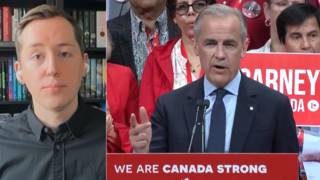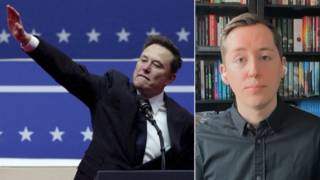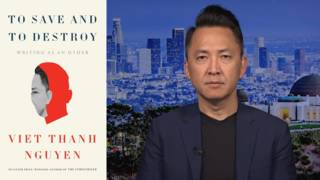
Topics
Today is a national holiday, commemorating the Fourth of July, when American colonies declared their independence from England in 1776. While many in America hang flags, attend parades and watch fireworks, Independence Day is not a cause of celebration for all. For Native Americans, it is a bitter reminder of colonialism, which brought disease, violence, genocide and the destruction of their culture and way of life.
For African Americans, Independence Day did not extend to them. While white colonists were declaring their freedom from the Crown, that liberation was not shared with millions of Africans captured, beaten and separated from their families and forced into brutal slavery thousands of miles from home.
On this special holiday broadcast, we’ll hear the story of an amazing friendship between an Exalted Cyclops of the Ku Klux Klan and a black civil rights activist–a story that offers hope for healing in a racially divided nation.
But first we go back 147 years, to one of the most powerful voices of the abolition movement: Frederick Douglass, born a slave in Maryland in 1818. As a young boy, Douglass was taught how to read by slaveholder Sophia Auld. It was a dangerous and radical act that changed his destiny.
Douglass escaped from slavery in the 1830’s and became a leader in the growing campaign against slavery through lectures and his anti-slavery newspaper, The North Star.
On July 4, 1852, Douglass delivered one of his most powerful speeches against slavery in Rochester, NY. Here is a dramatic reading of the Fourth of July Oration by Frederick Douglass.
Tape:
- Fourth Of July Oration–from 1852 in Rochester, New York, by abolitionist Frederick Douglass. Read by Bernard White, of Pacifica station WBAI in New York.












Media Options